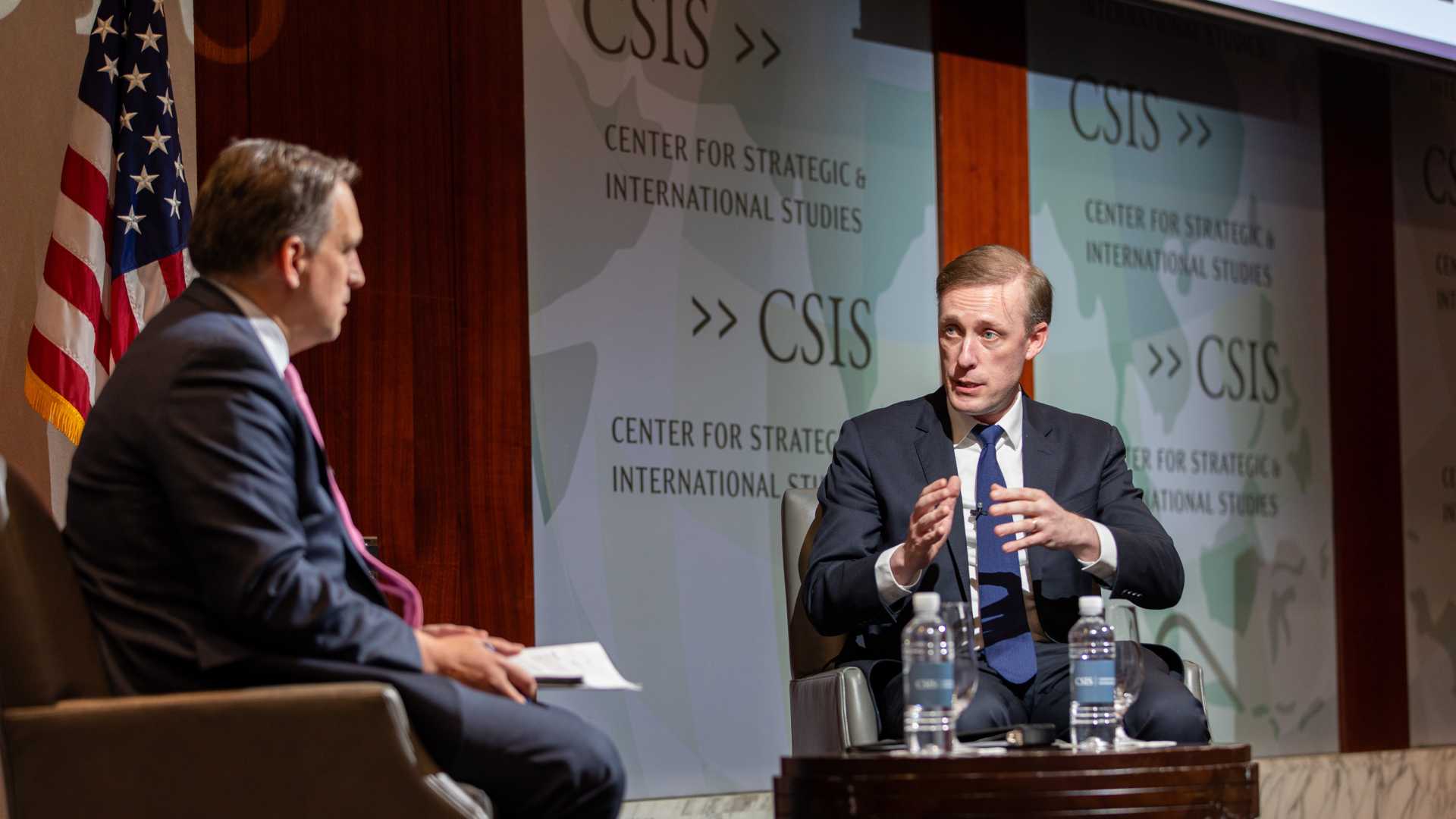Politics
Biden Team Urges Trump Administration to Maintain Indo-Pacific Strategy

Jake Sullivan, the outgoing U.S. national security adviser, has urged the incoming Trump administration to continue President Joe Biden‘s strategy of strengthening ties with allies in the Indo-Pacific to counter adversaries such as China and North Korea. Sullivan emphasized the importance of maintaining a strong U.S. position in the region during a roundtable with journalists on Friday.
“The case we will make to them is that the American position in the region is incredibly strong right now,” Sullivan said. He warned that straying from the current strategy could “bring risk” and highlighted the administration’s efforts to build a network of alliances, including the Quad and AUKUS security agreements.
Sullivan acknowledged that the Biden administration had made limited progress on denuclearizing the Korean Peninsula but pointed to closer cooperation between North Korea and Russia as a growing concern. He also stressed the importance of continued U.S. support for Ukraine, noting that China is closely watching the situation.
Bonnie Glaser, managing director of the German Marshall Fund’s Indo-Pacific Program, noted the rapid development of ties between Moscow and Pyongyang, including North Korea’s support for Russia’s invasion of Ukraine. “We have yet to see what weapons systems or military technologies Putin has promised to deliver to Kim,” she said.
Analysts are divided on whether the Trump administration will maintain Biden’s multilateral approach. Aaron David Miller of the Carnegie Endowment for International Peace suggested that Trump may prioritize bilateral ties over alliances, while Zack Cooper of the American Enterprise Institute noted uncertainties about Trump’s stance on China’s actions in the Taiwan Strait and South China Sea.
Trade is another area where significant changes are expected. Trump has criticized Biden’s Indo-Pacific Economic Framework and is likely to pursue protectionist measures, potentially reversing efforts to strengthen economic ties in the region.












